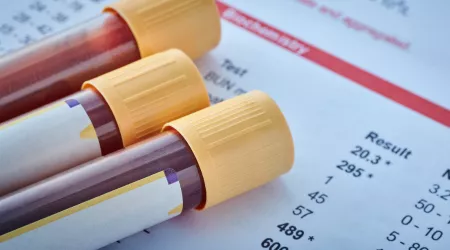
How can I prevent colorectal cancer?
You may be able to lower your colorectal cancer risk with some simple lifestyle changes. Be proactive about staying as healthy as possible.


It pays to have a healthy lifestyle
While screening is the most important step you can take to prevent colorectal cancer, it’s not the only one.
Reducing your colorectal cancer risk
While colorectal cancer can be both genetic and random in nature, there are several proven ways you can reduce your chances of getting this common cancer.

Don't be a couch potato!
Timely screening is the #1 way to reduce your risk for colon cancer, but did you know there are a number things you can do right at home?
Your family history
Why it's importantTop resources

Legislation introduced to address young-onset CRC
Explore the urgent need for the Colorectal Cancer Early Detection Act (HR 7714), legislation aimed at combating the rising incidence of colorectal cancer among younger adults through enhanced screening, education, and research.

Dak Prescott joins Alliance to ‘LEAD FROM BEHIND’
Initiative aims to reduce stigma and educate about screening choices, as the Colorectal Cancer Alliance launches a health equity fund to decrease disparities.

Act now to create a coverage pathway for future blood-based detection
On the horizon are blood tests that have shown the ability to detect a variety of cancers including colorectal and rare cancers. Though these tests are still in development and are not yet approved by the FDA, clinical trials have shown impressive results.





